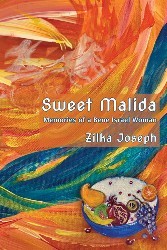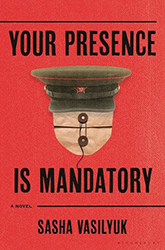‘A beautiful lyric collection’ — Ilya Kaminsky
This innovative debut collection from Adam Kammerling is an archival and deft account of a person reckoning with their heritage and family history. Hybrid, dexterous and informed, Kammerling retraces his Jewish ancestry as poems fluctuate through time and space, leaving us with a forbidding sense that what has changed over recent decades is not enough.
‘To say that Seder is a beautiful, moving book would be true. But what does it mean? It means Seder is a book of very lyric poems where silences say as much as words do. It is a book of grief, that opens the grief up — no, blows it up — from the inside. Seder is a book of memory, the kind that refuses to leave us: a book wherein historical trauma is all too real, echoing our own present moment — echoing with a warning. And, yet, there is also tenderness, there is “love showing me the ground where I could lie down.” Indeed, a beautiful lyric collection.’ — Ilya Kaminsky





